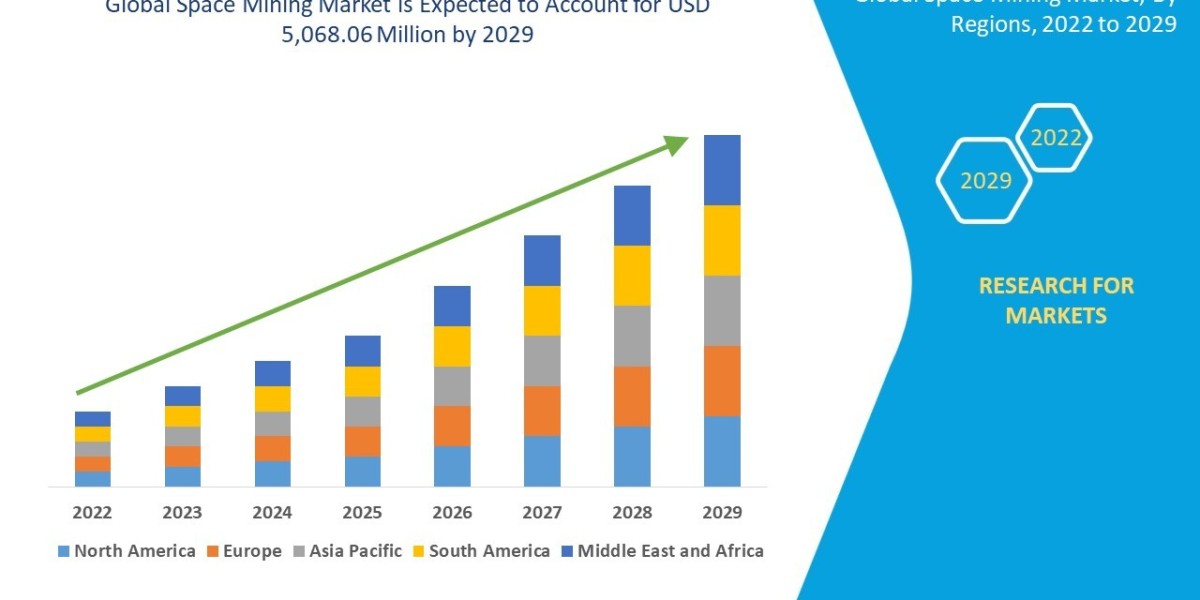Introduction
Car buying is more than just a transaction; it's a complex interplay of emotions, perceptions, and strategies. Car dealerships, whether in Japan or elsewhere, are well aware of the psychological factors that influence consumers' decisions. Understanding these dynamics can empower you to navigate the car-buying process more effectively. Here's a closer look at the psychology of car buying and what dealers know:
1. First Impressions Matter:
Car dealerships prioritize creating positive first impressions. The showroom's layout, cleanliness, and ambiance can influence how customers perceive the dealership and its vehicles.
2. Decoy Effect:
Dealers often present a "decoy" vehicle with slightly different features to make other options seem more appealing. This technique nudges buyers toward certain choices.
3. Limited-Time Offers:
Time-sensitive deals create a sense of urgency, encouraging buyers to make quicker decisions. Dealers may emphasize limited-time promotions to prompt immediate action.
4. Upselling Techniques:
Offering additional features or upgrades can make a basic model seem inadequate. Dealers leverage upselling to showcase higher-priced options as better value.
5. Emotion-Driven Choices:
Car buying is emotionally charged. Dealers tap into buyers' desires for status, safety, and comfort, framing their vehicles as solutions to these emotional needs.
6. Price Anchoring:
Dealers strategically present a high-priced option initially, making other options appear more affordable in comparison. This influences the perception of value.
7. Fear of Missing Out (FOMO):
Dealers trigger FOMO by highlighting limited stock or high demand for specific models. Buyers fear missing out on an opportunity and may act impulsively.
8. Test Drive Connection:
Dealers encourage test drives as they establish a sense of ownership, making it harder for buyers to walk away. Physical experience strengthens attachment.
9. Negotiation Illusion:
Dealers sometimes offer inflated initial prices, expecting customers to negotiate. The negotiation process can create an illusion of getting a better deal.
10. Social Proof:
Displaying positive customer testimonials and reviews creates social proof, influencing buyers to trust the dealer's offerings and make a purchase.
11. Personalization Effect:
Dealers use personalized experiences, such as addressing buyers by name, to create a sense of connection and comfort.
12. Endowment Effect:
Once buyers invest time in researching and test-driving a car, they often become emotionally attached, making it harder to reject the purchase.
Conclusion:
The psychology of car buying is a nuanced landscape that dealerships in Japan and around the world masterfully navigate. Recognizing these tactics empowers you to approach car buying with a critical mindset, allowing you to make more informed decisions aligned with your needs and preferences. Whether you're considering a car dealer in Japan or any other location, being aware of the psychological strategies at play can help you have a smoother and more satisfying car-buying experience.








